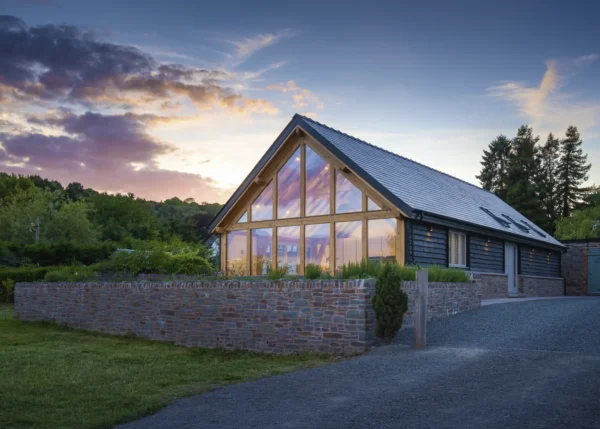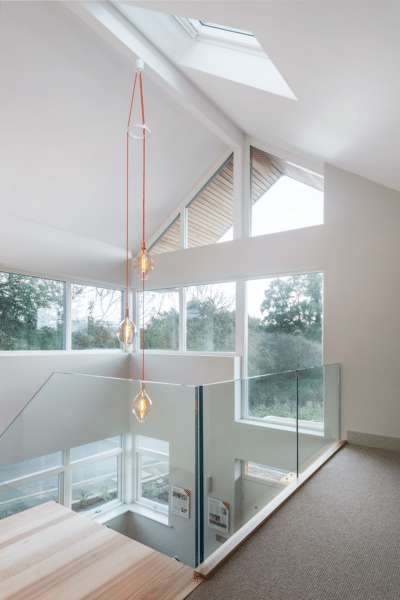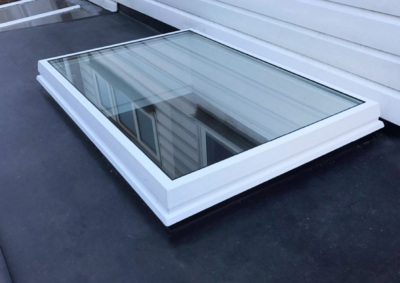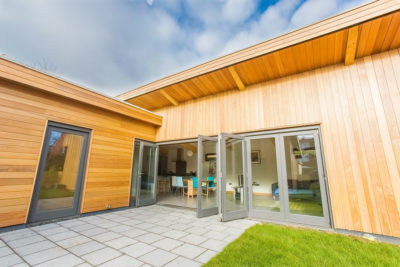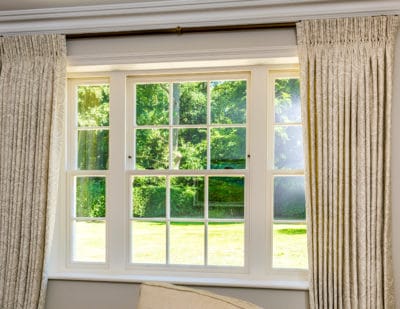Glazed Doors for Exposed Locations
Glazed doors offer a fantastic connection with the outside, but they need to protect you and your property’s interiors from the weather, especially the potentially harsh effects of wind and rain.
Whether your home is near to the coast, positioned on a hill or on a plain with few surrounding trees, the elements in exposed areas can be significantly more powerful, meaning it’s important to carefully investigate just how good a door is before buying.
Finding the right solution
Your doors need to be low maintenance and efficient, both in terms of how well they work and how good a job they do of protecting your home. Every door system on the market is subjected to an independent test for air permeability and water-tightness and the results (calculated in Pascals) show how well the doors protect from the elements.
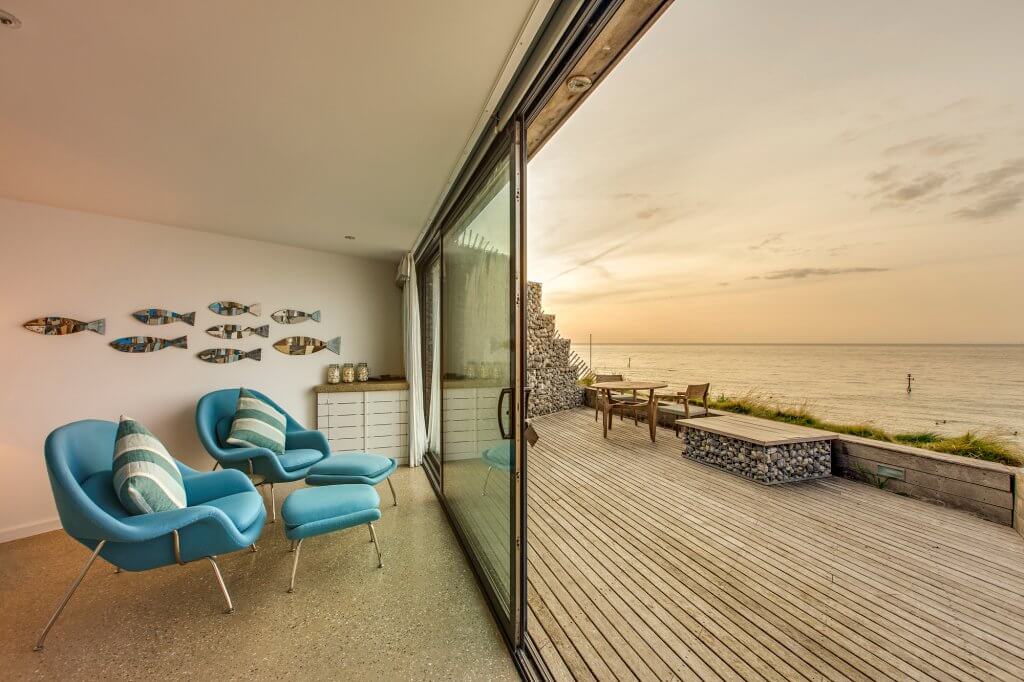
Glazed doors offer a fantastic opportunity for making the most of surrounding vistas, but being in an exposed location means you need to pay extra attention when choosing products
While there are strict guidelines in place to ensure products meet good thermal performance, there is no minimum requirement for weather-tightness indoors. This means that some systems simply aren’t suitable for exposed locations.
Be aware that the term ‘independently tested’ doesn’t mean a door has done well in those tests, so always research the exact figures in order to compare products.
Natural elements
Wind load is another consideration for doors, particularly if you’re going to have large panels of glass in sliding units. If you’re self building a house, always fully understand the likely weather patterns on the plot to ensure you choose appropriate products.
The natural elements could have a huge impact on the size of glazed door panels and the possible configurations. At IDSystems we always work closely with clients to get to know the project and talk through options.
One solution for sliding doors is to incorporate a plant-on panel as part of the configuration in place of a fixed frame. This panel sits outside the track of the door, reducing the width of the track and therefore increasing the protection from wind and rain.
If you’re positioned on or near to the coast, you need to consider the impact of salt in the air. We recommend anyone within 5km of the sea uses a marine grade paint finish to protect powder-coated doors from the potentially corrosive effects of salt spray.
Edward Stobart is head of projects at IDSystems, providing advice, support and assistance to architects, self builders and homeowners. For more information visit www.idsystems.co.uk
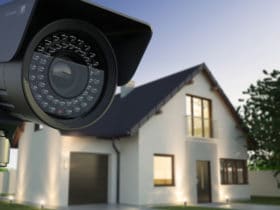
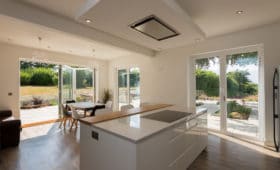


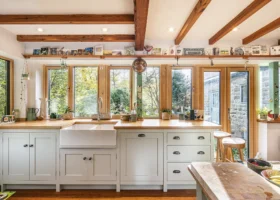




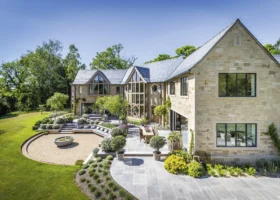


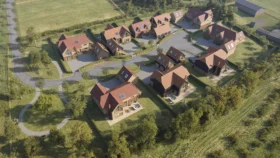

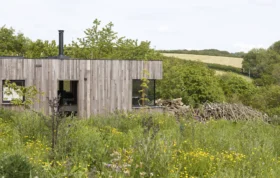


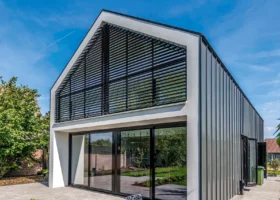

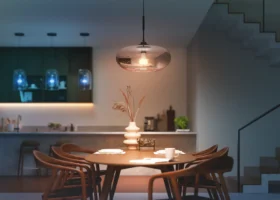
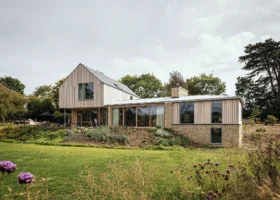

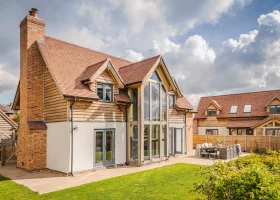


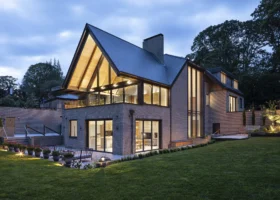
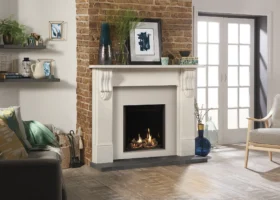

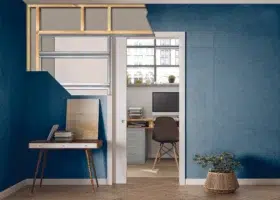








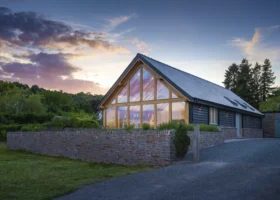

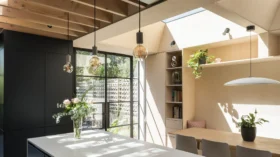

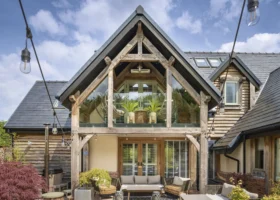
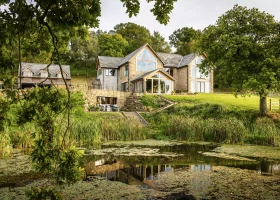
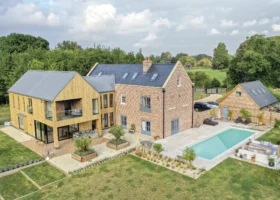

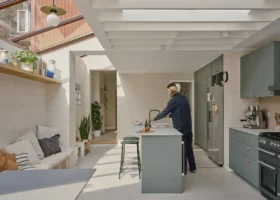
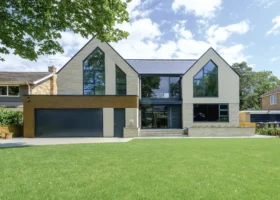
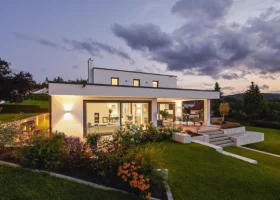
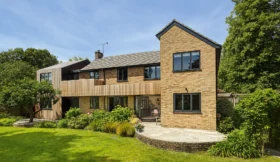
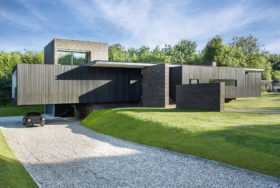

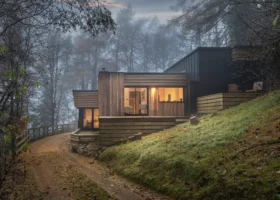

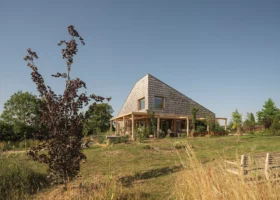
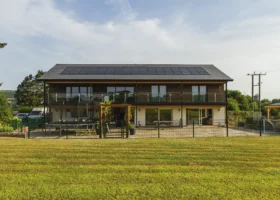
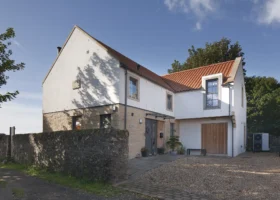


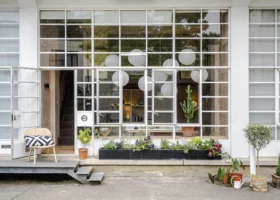
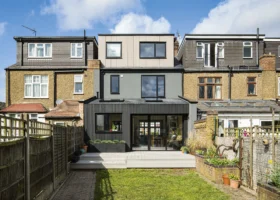

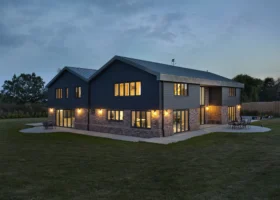






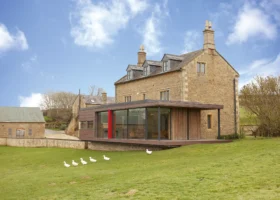














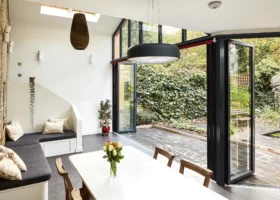




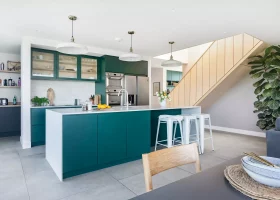









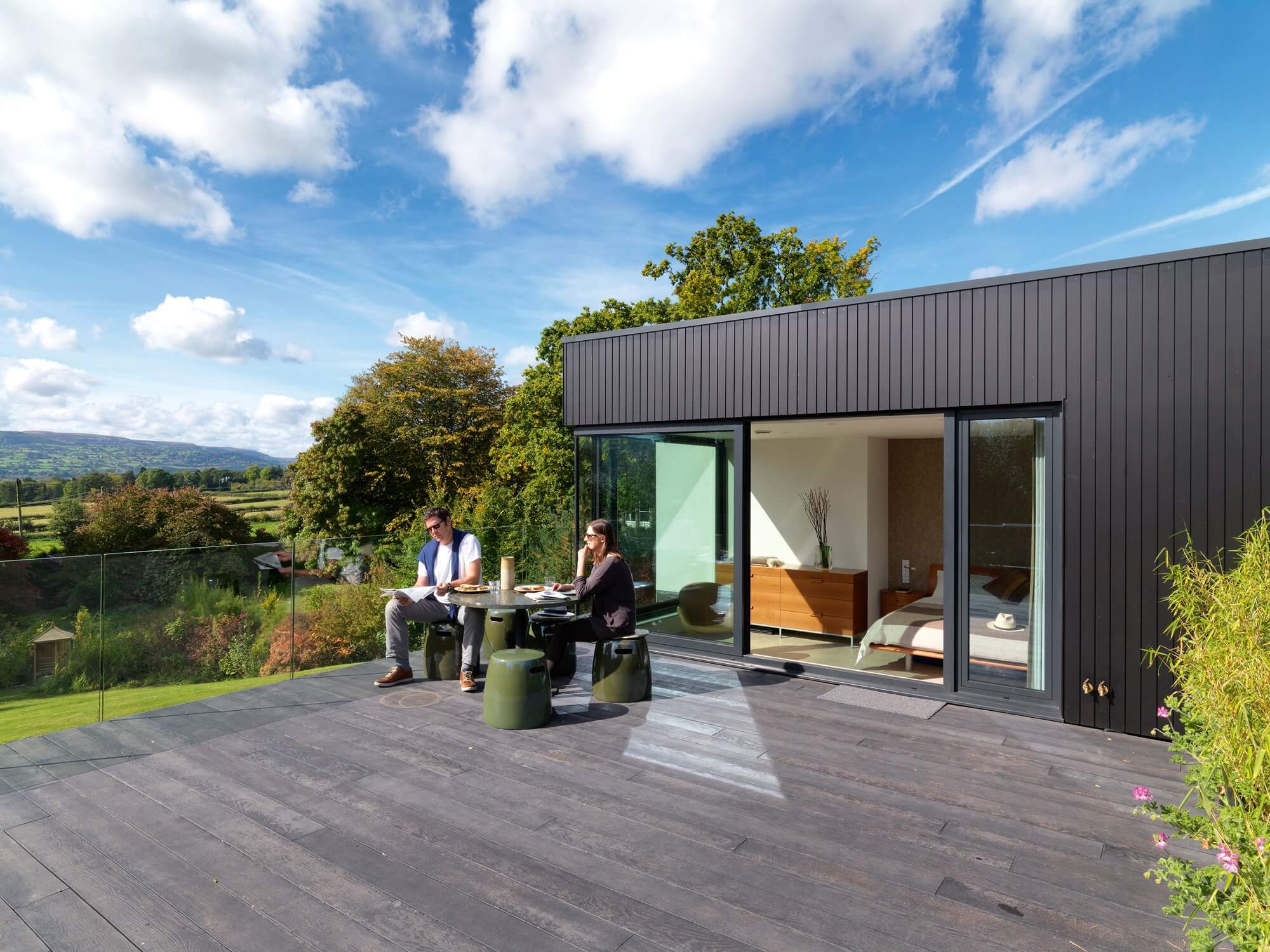
 Login/register to save Article for later
Login/register to save Article for later



